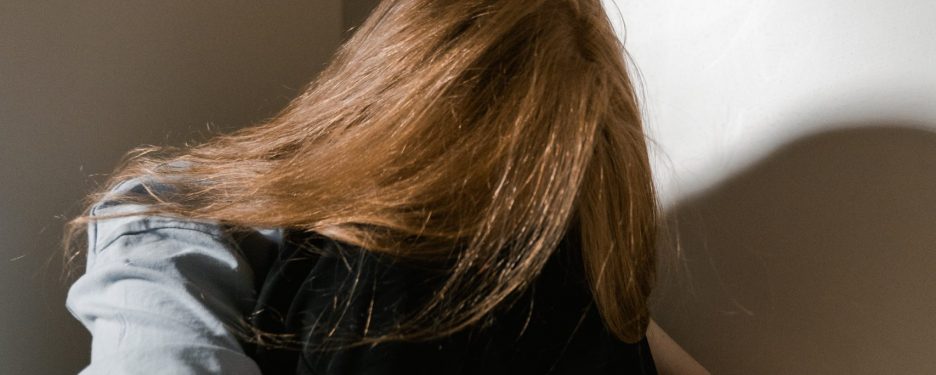‘Phobia’ as a term is often used by people to describe a situation, place, animal or object that they don’t like, such as a fear or heights, but if you suffer from a phobia, it can have a huge impact on your life. A phobia is a mental health condition that is an uncontrollable and often irrational fear triggered by an object or a situation, putting you in a state of ‘fight or flight’.
A phobia is much more intense than normal fear because your fear is out of proportion to the danger, it can stay with you for a long time, and it can impact on your day to day life. Some people suffer with a specific phobia, but it is also possible to suffer from complex phobias, a range of connected phobias. Phobias usually begin when you are younger and can come from a traumatic experience that you have had.
What are the symptoms of phobias?
As humans, fear is a natural emotion that we all experience from time to time. However, with phobias, your fear is extreme and has many physical symptoms. You may feel a sense of uncontrollable anxiety when exposed to your source of fear. You may feel that the source of your fear must be avoided at all costs. You may find it difficult to function normally when exposed to your trigger. You may also be aware that your fear is disproportionate, irrational, and exaggerated but you have no control over your feelings.
You may suffer from a wide range of physical symptoms, such as: shortness of breath, shaking uncontrollably, sweating, accelerated heartbeat, a choking sensation, butterflies, tightness in your chest, nausea, dizziness, or disorientation.
These symptoms can come from being exposed to your fear, or in many cases, even just thinking about your trigger.
How to cope with phobias
Some people learn to cope with their phobias by making sure that they are not exposed to their trigger. For example, people who are scared of spiders (arachnophobia) avoid situations where they may be exposed to spiders.
However, for many people, especially those with complex phobias, this can have a huge impact on living your day to day life. For example, you may suffer from a fear of flying (aerophobia) which can prevent you from travelling to places you’d like to visit, or it could prevent you from advancing in your career.
Avoiding the trigger of fear is not possible for many people, so the best way to cope with a phobia is to seek treatment so you can live your life in the way that you want to. Speaking to a professional about your phobia is the first step to taking control of your phobia so you can live your life on your terms.
If you are suffering with Phobias and you would like help finding a way through your difficulties, please get in touch with Hope and Harmony to see how counselling can help you.


